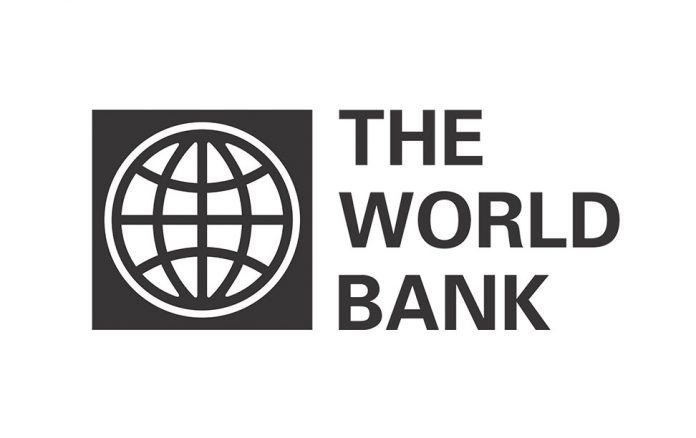October 07, 2021 (MLN): The World Bank (WB) on Thursday projected Pakistan’s economy to ease to 3.4% in FY22 but strengthen thereafter to 4.0 percent in FY23 with the implementation of key structural reforms, particularly those aimed at sustaining macroeconomic stability, increasing competitiveness, and improving the financial viability of the energy sector.
In its latest Economic Outlook for Pakistan, in line with 25-basis point policy rate hike in September 2021, Washington-based global lender noted that fiscal and monetary tightening are expected to resume in FY22, as the Government refocuses on mitigating emerging external pressures and managing long-standing fiscal challenges, output growth is anticipated to slip in FY22. While Fitch Solutions in its latest report, projected the country’s economy to record real GDP growth of 4.2% in FY2021-22 (July 2021-June 2022), up from 3.9% in FY21.
The World Bank’s report has projected that Inflation is likely to edge up in FY22 with expected domestic energy tariff hikes and higher oil and commodity prices before moderating in FY23 while poverty is expected to continue declining, reaching 4.0 percent by FY23.
The current account deficit is projected to widen to 2.5 percent of GDP in FY23 as imports expand with higher economic growth and oil prices. Exports are also expected to grow strongly after initially tapering in FY22, as tariff reform measures gain traction supporting export competitiveness. In addition, the growth of official remittance inflows is expected to moderate after benefiting from a COVID-19 induced transition to formal channels in FY21, it added.
Despite fiscal consolidation efforts, the deficit is projected to remain high at 7.0 percent of GDP in FY22 and widen to 7.1 percent in FY23 due to pre-election spending. Implementation of critical revenue-enhancing reforms, particularly the General Sales Tax harmonization, will support a narrowing of the fiscal deficit over time. Public debt will remain elevated in the medium-term, as will Pakistan’s exposure to debt-related shocks. This outlook assumes that the IMF-EFF program will remain on track, it noted.
Nevertheless, major downside risks as per the report could delay critical structural reforms that include delay and stalling of the IMF-EFF program and the consequent external financing difficulties, exceedingly high domestic demand leading to unsustainable external pressures, more contagious COVID-19 strains requiring widespread lockdowns, and a worsening of regional and domestic security conditions, including those stemming from the Afghanistan situation.
Copyright Mettis Link News
27296




